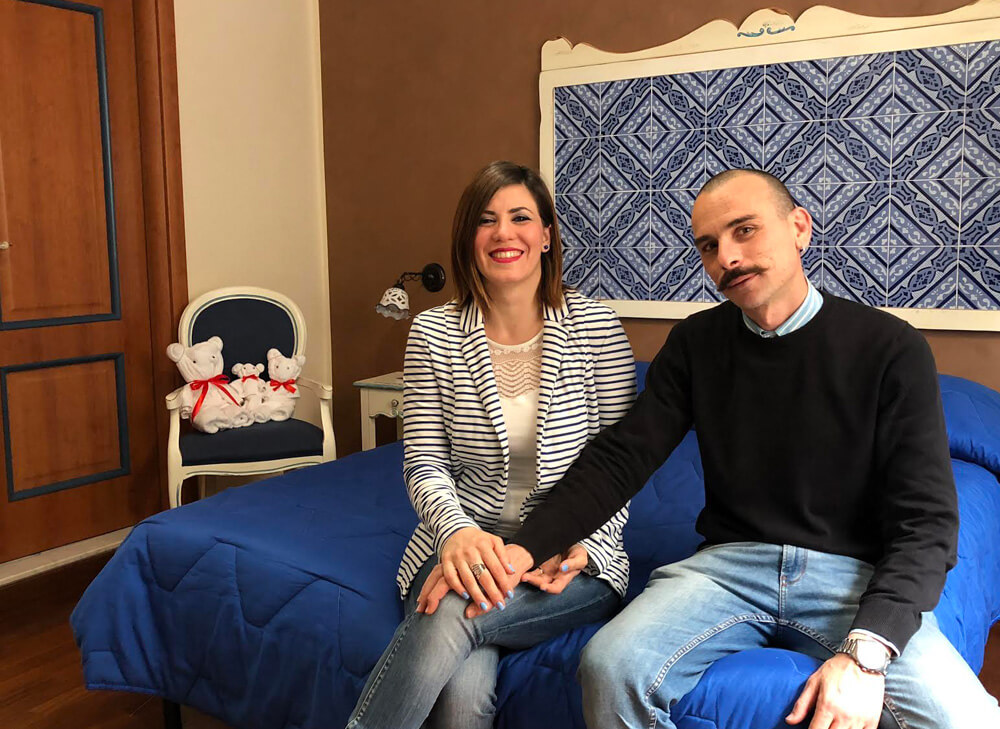Why Stupor Mundi
An Arab geographer said about Palermo: “Ancient city, elegant, beautiful and graceful, there appears to look attractive: superb in its squares, its surroundings are all a garden; pretty major and minor streets, everywhere fascinated by the rare beauty of his appearance, reminiscent of the beautiful city of Cordoba with its style buildings, all carved stone. A clear river divides it and pure waters flows from four fountains on its shores. Palaces of the king surround the center of the city as jewelry around the throat and breast of a beautiful girl, so that the sovereign can always move from one point to another in the capital through palaces and gardens.”
The name Stupor Mundi intends to recognize Federico II and those who have made our Palermo the meeting place of many differents cultures: Christian, Arabic, Hebrew and Greek: .
The Emperor – and the Sicilian capital, center of his court – were in fact called by the nickname of Stupor Mundi (Wonder of the World), a name that came from his unquenchable intellectual curiosity and from the beauty of the city of Palermo.
It is said that Frederick knew nine languages and was a housekeeper very modern for its time: at his court sojourned men of great culture, and in the thirteenth-century Palermo, he applied the precept of brotherhood and racial integration.
He was responsible for the translations of the works of the Greek philosophical tradition and the Arab, hitherto unknowns, especially those of Aristotle.
Frederick then had relationships with famous mathematician Leonardo Fibonacci, with Jewish scholars, Arabs and Greeks. Prominent personalities active at his side like Pier delle Vigne, who was his close aide and spokesman.
In his treatise on hawking, the Emperor showed a keen interest in nature. He favored the Sicilian school of poetry, and he laid the foundations of the Italian language as evidenced by Dante (De vulgari eloquentia) and Petrarch (in the “Triumph of love” and the prologue of the “Epistolae familiares”).
Should also be noted that the Sicilian Parliament, edited by Frederick that allowed partial access to civil society, is the oldest parliament in Europe and among the oldest in the world (now the seat of the Sicilian Assembly): also called the Palace of the Norman is open to visits.

![]()



